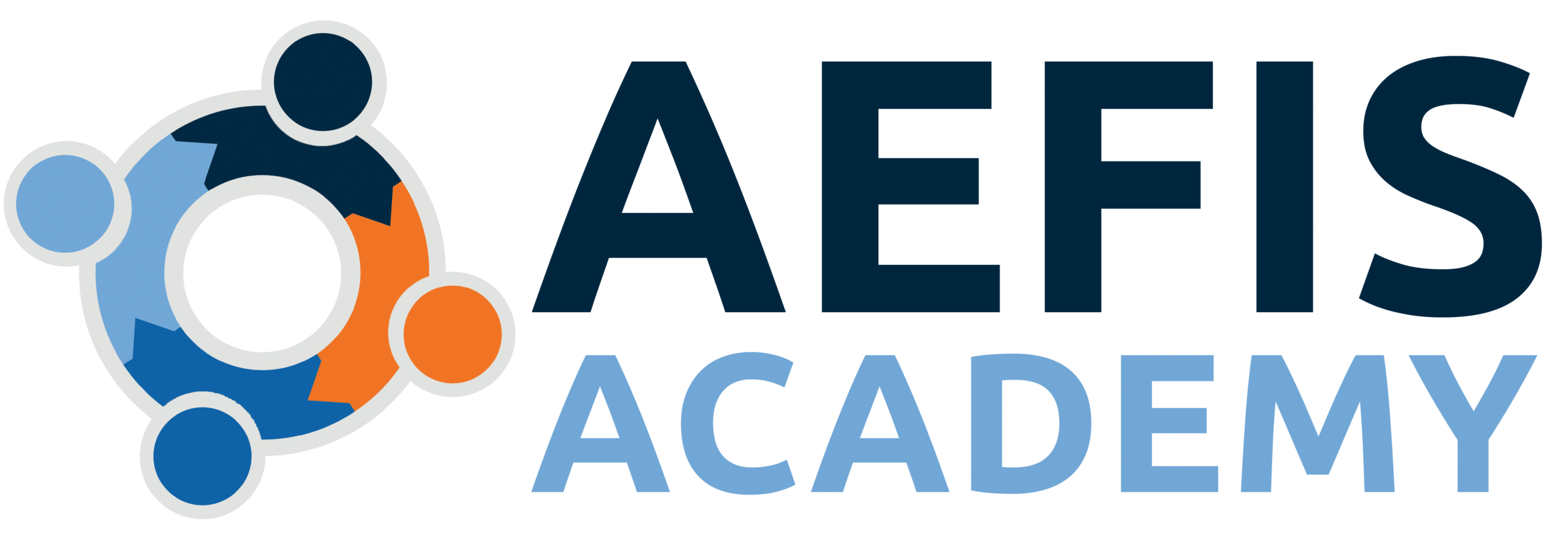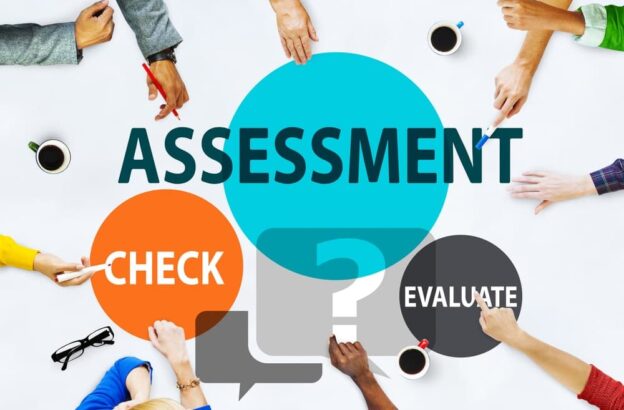Assessment and Democracy; It Makes Complete Sense
When I spoke with a colleague of mine about the national conversation that is happening within AEFIS Academy, they quickly stated “It’s assessment people… talking about democracy? That doesn’t make sense.” My answer was, “It makes complete sense!”
One of my favorite quotes from John Dewey (1916) is from Democracy in Education when he states that “A democracy is more than a form of government; it is primarily a mode of associated living, of conjoint communicated experience” (p. 87). For Dewey, to live and grow in a democracy entails a commitment to engage, understand, and share experiences with diverse groups that serve to expand perspectives and create new possibilities. Dewey believed that educational environments grounded in inquiry and discovery could create citizens that lived this democratic mindset beyond the school walls. This perspective requires a commitment to communicate with others, to break free from the institutional silos that are common within higher education, examine assumptions and practices, and create educational experiences designed to broaden perspectives and discover new realities. That is exactly why assessment people talking about democracy makes incredible sense.
To me, the democratic mindset that Dewey is describing requires living a life of inquiry. Inquiry is: asking the good questions, reaching out for new perspectives, creating deliberative spaces to help define a better way, and challenging ourselves to identify what is working. These are all common aims of assessment practitioners dedicated to real, lasting continuous improvement. Think about the “associated living” questions you ask every day. Who is participating? Who is not? How are different voices being heard? How are decisions being made about actions? Who makes those decisions? Who represents the constituencies? These are all critical questions that model a broad and inclusive democratic mindset. This same “inquiry-based” mindset is critical to doing assessment well.
The challenge that I see in higher education is the continuous struggle to break apart the educational silos and create space for these meaningful experiences. That is why this academy conversation is so important. Each of you are willing to be outside of your own institutional space and collaborate with others to create new experiences. We must also consider who is not at this discussion. How many deans, vice-presidents, and presidents are part of these conversations? Where is the student voice? What about the external constituencies? What can you do as an individual to invite more perspectives to the conversation? As a participant you need to think about who else you can bring to this conversation.
As I noted, I’m not surprised that people in the assessment world are passionate about this conversation. The inquiry mindset is ingrained in how you live your life and structure your professional expectations and pursuits. However, my challenge to you is to heed Dewey’s challenge. Who can you bring to this table? How can you facilitate creating meaningful experiences with those outside of your silo? How can you utilize deliberative momentum to help broaden your institution’s mindset?
This is why I’m excited to be a part of this conversation. Democracy as a form of government as well as a way of living your life is always in flux… but that is the beauty of it. Through meaningful educational experiences we should always be re-defining and re-discovering democracy as we incorporate new voices and perspectives into our reality. Join us as we embark on this promising and meaningful conversation!
Reference
Dewey, J. (1916/1944). Democracy and Education: An Introduction to the Philosophy of Education. New York, NY: The Free Press









Discussion
Join the conversation, contribute, ask questions, and explore with everyone! It’s Your Community!